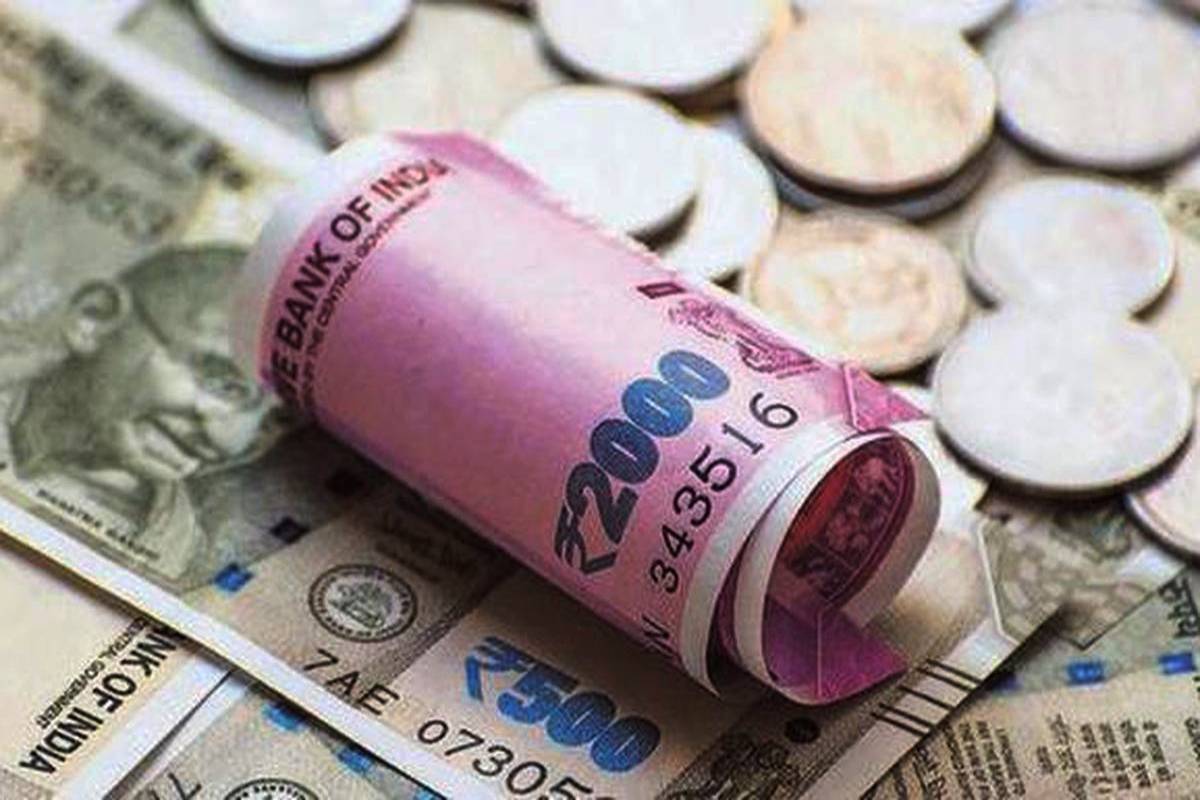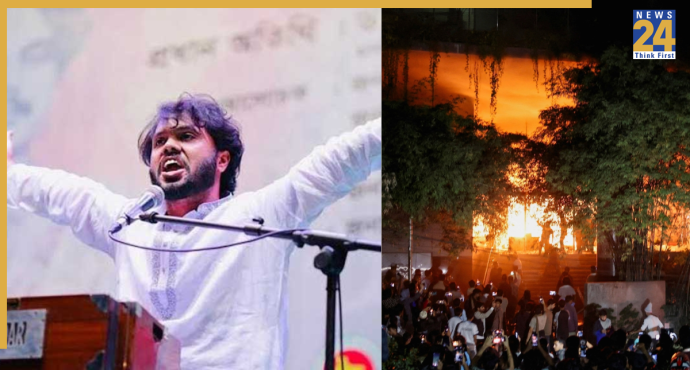New Delhi: The Reserve Bank of India (RBI) successfully completed the first test of its central bank digital currency (CBDC) being used for secondary market trades in government securities (G-secs) on Tuesday, with 48 trades totalling Rs 275 crore.
The first agreement was reached between the largest bank in the nation, State Bank of India (SBI), and another state-owned lender, Bank of Baroda (BoB), The Business Standard reported citing sources.
Observed sources claimed that SBI sold securities to BoB utilising CBDC, or the digital rupee. The five-year government bond was sold by ICICI Bank to IDFC First Bank.
“IDFC First Bank executed the first secondary market transaction in G-secs using CBDC settlement on Tuesday,” IDFC First said in a statement.
The current benchmark 10-year bond, the prior 10-year bond, and the most liquid five-year security were used for the trades, according to the Clearing Corporation of India (CCIL) website. On Tuesday, the regular bond market had an aggregate trading volume of Rs 20,865 crore.
Officials from the bank treasury described the pilot as a “landmark moment” and said the testing occurred without a hitch.
“The most important aspect was there is no settlement risk,” said a senior bank executive.
The CCIL serves as the clearing house in conventional bond market trades, and bonds are settled on a T+1 basis, which requires that the settlement of securities take place a day after the transaction is completed.
However, there is no settlement authority like the CCIL for trading utilising digital currency, and exchanges occur on a T+0 basis, meaning real-time settlement. Furthermore, the RBI requires banks to employ the digital rupee to open primary CBDC accounts.
The first trial for the digital rupee in the wholesale segment will start on Tuesday, the RBI announced earlier this week. Nine banks tested the pilot, which is currently only relevant to secondary market deals in G-secs.
According to the RBI’s press release, the banks are SBI, BoB, Union Bank of India, HDFC Bank, ICICI Bank, Kotak Mahindra Bank, YES Bank, IDFC First Bank, and HSBC.
The settlement of securities is a significant distinction between traditional secondary market bond trading and transactions made using digital currency. The settlement is not handled by CCIL, even if the trades are visible on the anonymous negotiated dealing system-order matching platform of the RBI.
“What happens here is that banks open a CBDC account with the RBI similar to a current account which is used for bond trading.
There is no counterparty like CCIL, which is what normally happens for regular secondary market trading,” said a senior treasury official.
“For CBDC, a bank is basically trading with another bank directly. The settlement is T+0 and it is delivery on payment unlike the regular G-sec trades on CCIL which are T+1 and you are transacting with the clearing house. There have been small trades with almost all entities listed out by the RBI for pilot trading,” the official said.













